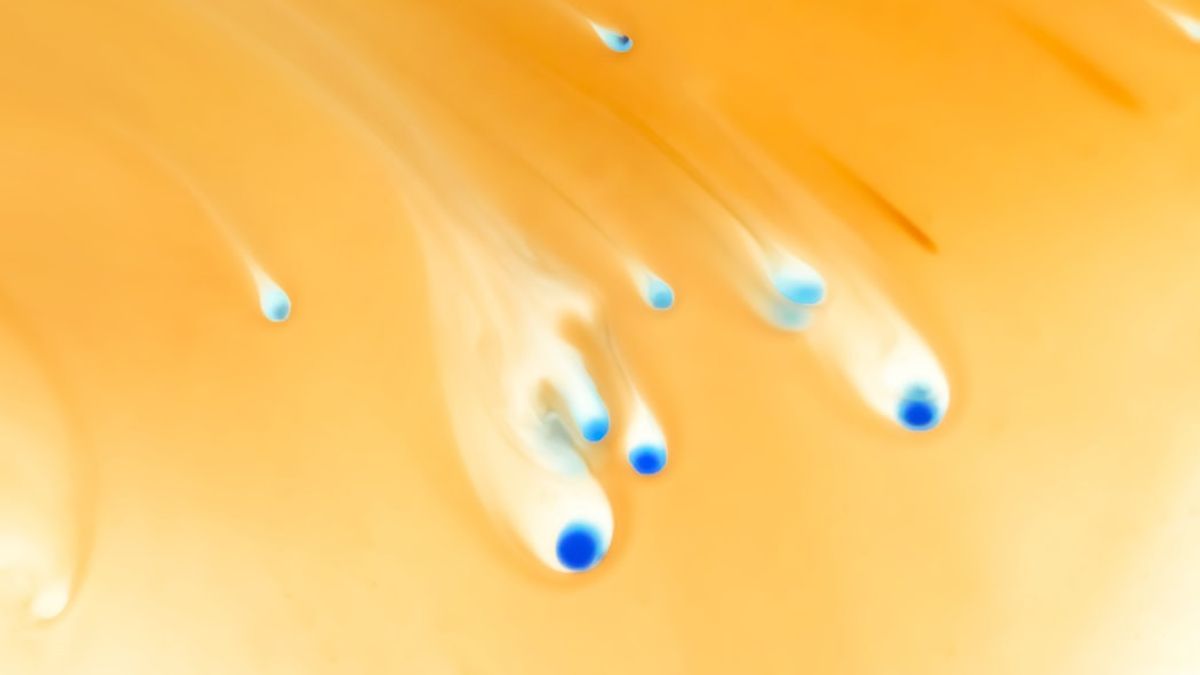JAKARTA - Today, meteor storms are rare, but a few hundred years from now they could become commonplace. Just take a look at this fireball, recorded by Thomas Ashcraft on July 21, being a preview of things to come.
"This is probably an alpha Capricornid," Ashcraft, who operates an automated meteor camera in rural New Mexico, told spaceweatherarchive. "The magnitude is -11, as bright as a gibbous waxing Moon."
The Alpha Capricornid meteor is debris from Comet 169P/NEAT. They appear annually in late July, peaking around the July-August boundary with 5 to 9 meteors per hour. Lots of "alpha Caps" which are pretty slow and bright fireballs. This event is a meteor shower, but in the not too distant future, it could turn into an ordinary meteor storm.
Researchers Peter Jenniskens (SETI Institute) and Jeremie Vaubaillon (Paris Observatory) have studied the alpha Capricornid debris flow. They believe it resulted from a massive fragmentation event about 5000 years ago when half of the original comet disintegrated. Since then, the debris has drifted toward Earth.
"In the next 300 years, the alpha Capricornids will likely grow into a large annual raindrop," they wrote in an article in the Astronomical Journal. "Traffic will increase dramatically in the 23rd and 24th centuries to peak ZHR = 2200/hour annually, half of the peak levels of rain seen during hurricane Leonid 1999."
If they're right, every alpha Capricornid we see today portends an impending storm. Watch them in the coming nights slowly move out of the constellation Capricornus. The best time to view is in the hours around midnight when the shower beam can be found in the southern sky surrounded by Jupiter and Saturn.
Another meteor shower, the southern Delta Aquarids (SDAs), also peaks in late July, sending beams of light from the same general part of the sky. Delta Aquarids move together about twice as fast as Alpha Caps and tend to be fainter. However, they will increase your number of midnight meteors. Enjoy!
The English, Chinese, Japanese, Arabic, and French versions are automatically generated by the AI. So there may still be inaccuracies in translating, please always see Indonesian as our main language. (system supported by DigitalSiber.id)










